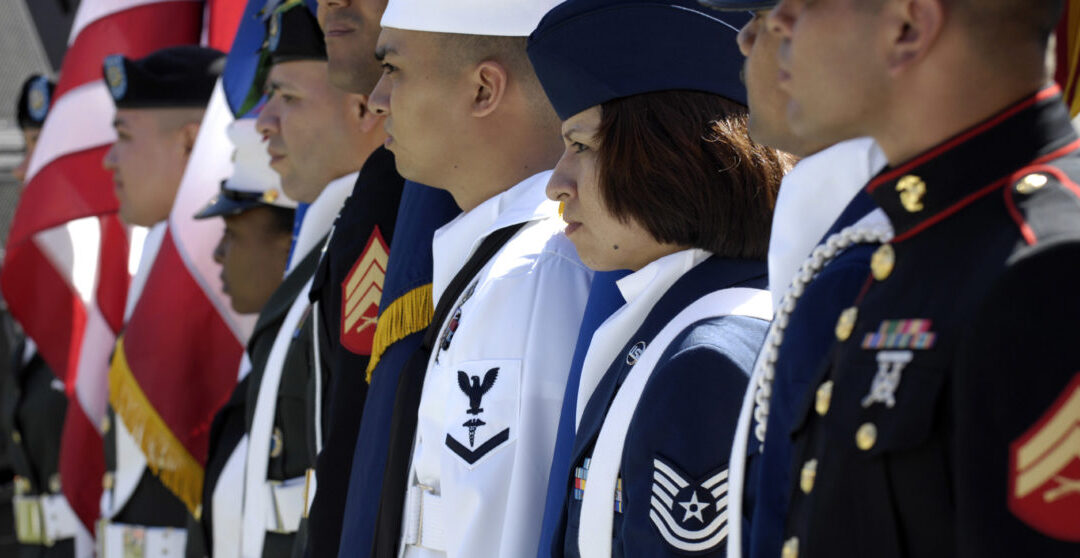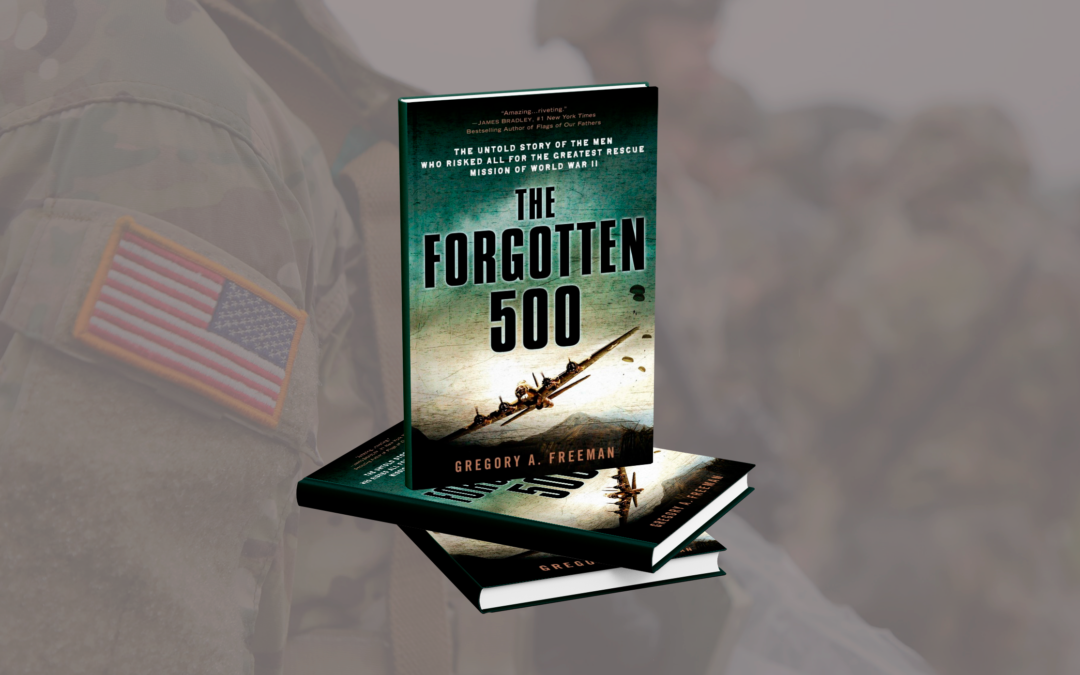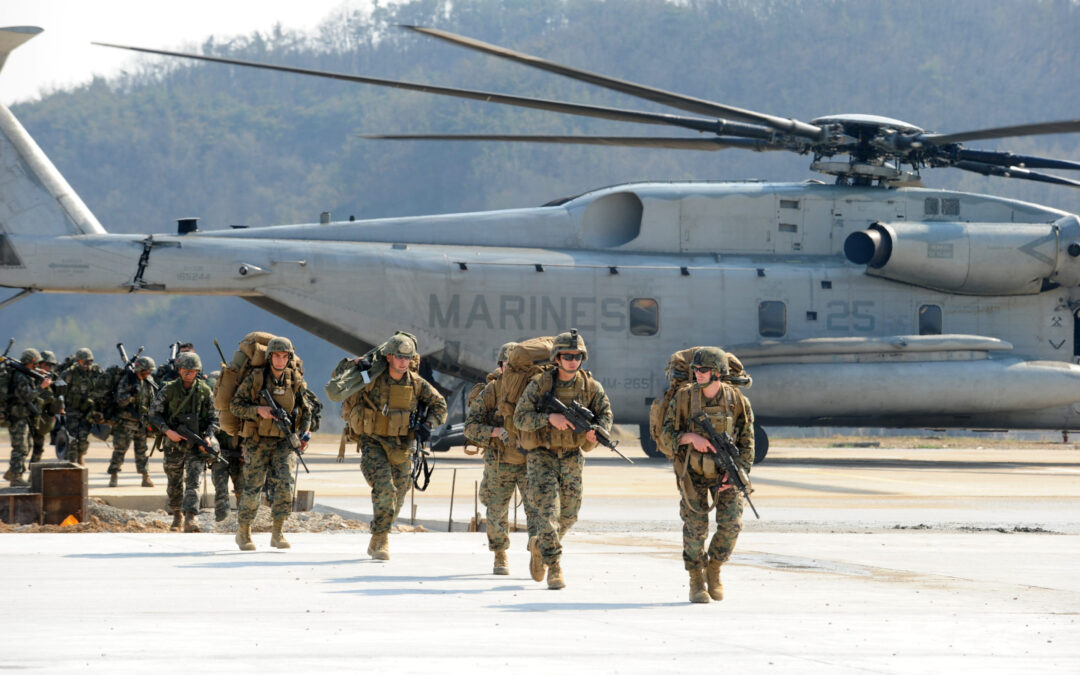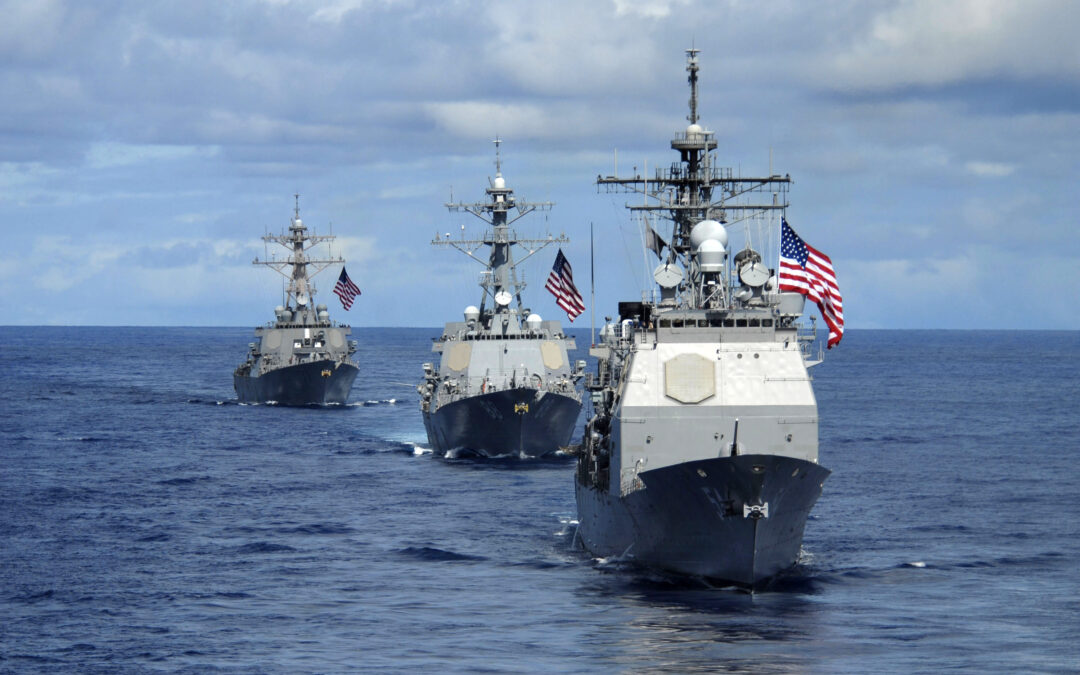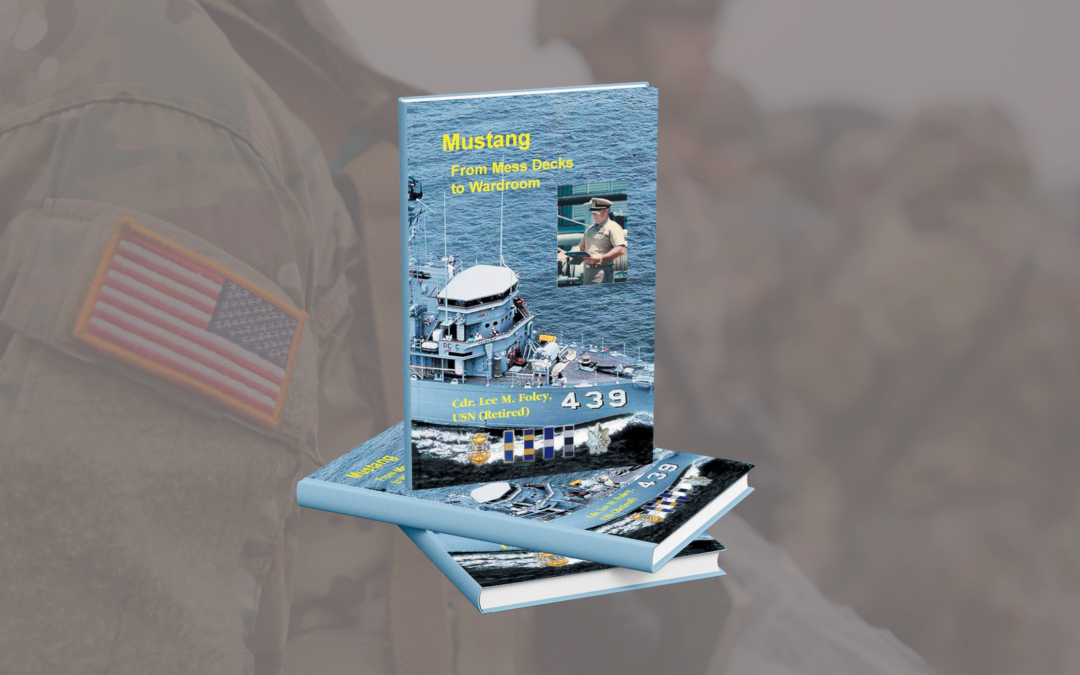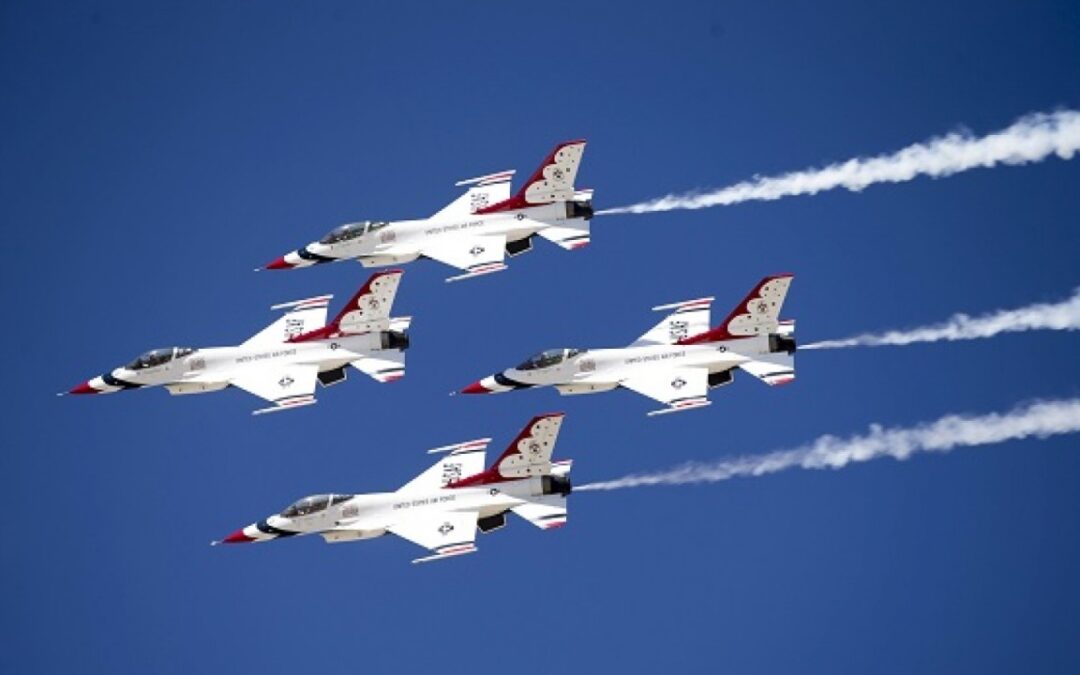The U.S. Military Rank Insignia has a long and proud history. Many of the ranks adopted by the United States military at the start of the Revolutionary War in 1775 are still in use today. The early military took a lot of inspiration from the British and French forces. Over time, the military rank insignia has come to represent American valor. These emblems, worn on the uniform to denote rank, help people identify military personnel’s rank and pay-grade at a glance. Evolution of U.S. Military Rank Insignia There are general rules for ranks that can help those unfamiliar with ranks to get a broad idea. The US Military rank insignia has humble beginnings. Initially, while the Continental Army had militia with a rank structure based on British tradition, they lacked uniforms or the money to buy them. At the time, General George Washington proposed “badges of distinction” to separate enlisted men's appearance from the commissioned officers. He recommended a color-coding system. This...
